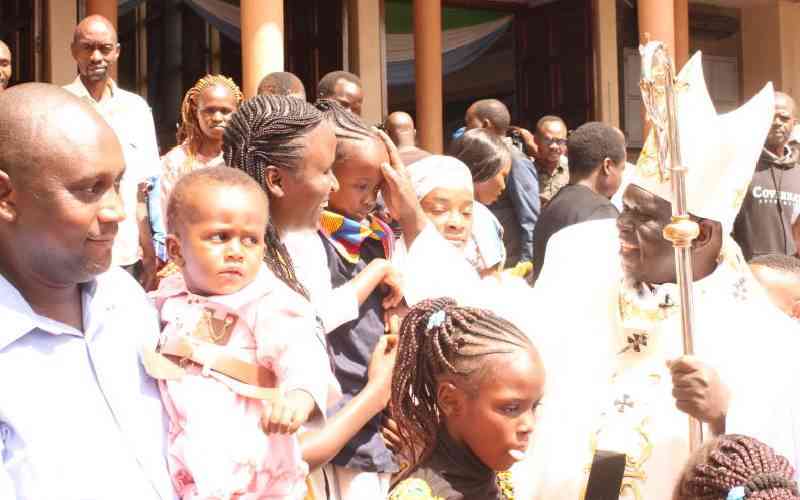
The Church is at a crossroads. It is again at that point in time when it must take a bold stand. It cannot afford to equivocate on social, political and economic issues of the day. Yet, to do so would entail a fallout from a section of the community who are comfortable with vice. Or persecution by governments intolerant of those speaking truth to power. Worse still, it risks being deemed socially irrelevant by those who think Christian cannon is archaic and out of touch with reality.
The New Testament is the focal point of Christian doctrine. It is the point of departure from Judaism and Islam. To the ardent Christian, it is the infallible word of God, sacrosanct and inviolable. Which is why pronouncements that are at odds with its tenets are causing a stir worldwide. Consider the thorny question of gay relationships that is causing a rift in both Protestant and Catholic churches of the global North and South.